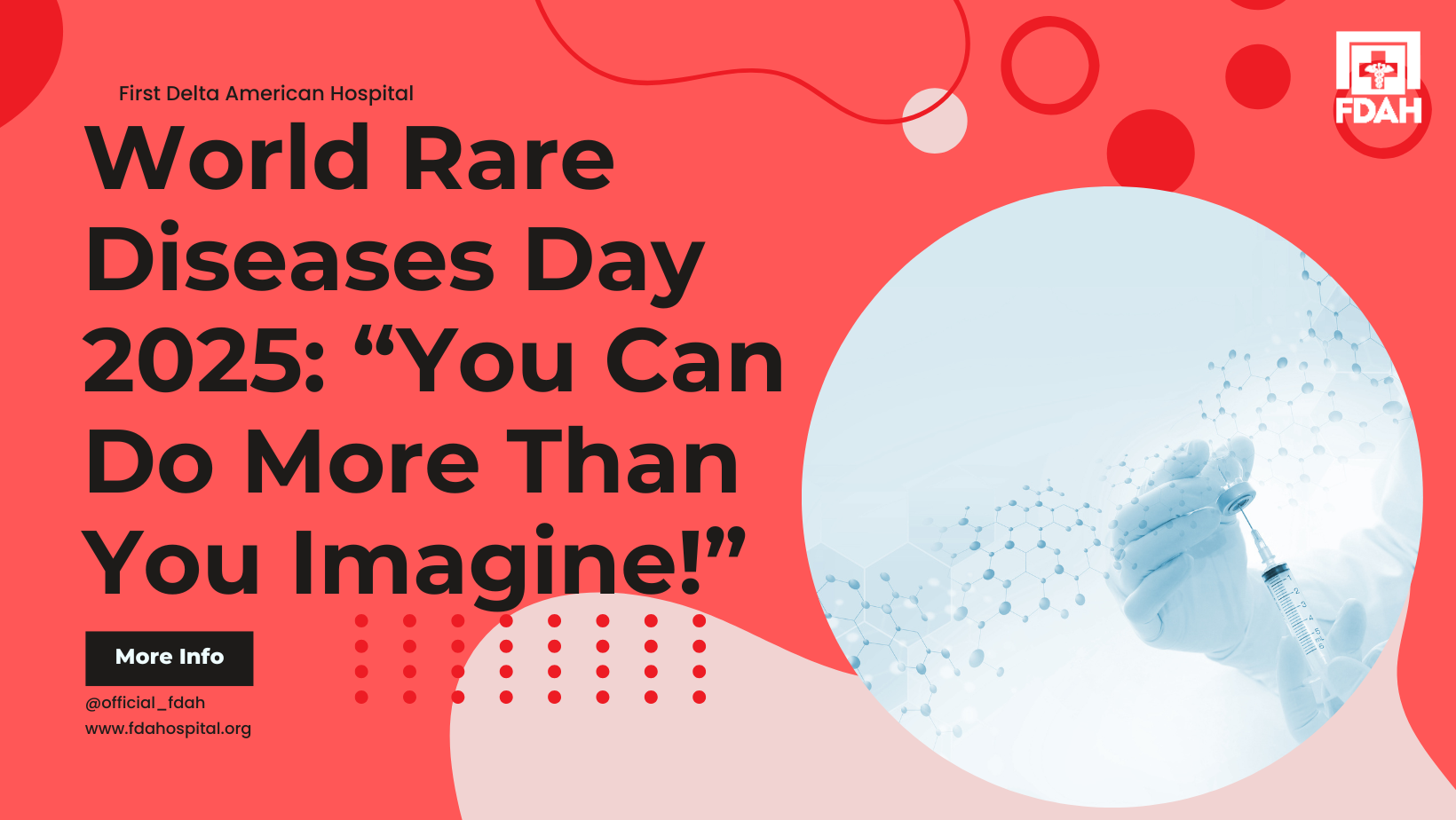The Invisible Epidemic Claiming Nigerian Lives
Did you know that Nigeria ranks 6th globally in tuberculosis (TB) cases, with over 460,000 new infections and 156,000 deaths annually? Despite being preventable and curable, TB remains one of Nigeria’s deadliest infectious diseases, disproportionately affecting adults aged 30–54. Every year on March 24, the world observes World Tuberculosis Day—a day to shine a light on this silent crisis, honor those lost, and renew our commitment to ending TB for good.
The History of World Tuberculosis Day
World Tuberculosis Day was established in 1982 by the World Health Organization (WHO) to commemorate Dr. Robert Koch’s 1882 discovery of the Mycobacterium tuberculosis bacillus, the bacterium causing TB. This groundbreaking discovery paved the way for diagnostics and treatments, yet over a century later, TB remains a global health threat.
In Nigeria, TB has historically been overshadowed by other health priorities, but advocacy campaigns since the early 2000s—led by organizations like the National Tuberculosis and Leprosy Control Programme (NTBLCP)—have brought it to the forefront. March 24 now serves as a rallying point to address systemic gaps in prevention, diagnosis, and treatment.
The Goals of World Tuberculosis Day
Aligned with the WHO’s End TB Strategy, World TB Day 2024 champions the theme “Yes! We Can End TB!” Key objectives include:
- Raise Awareness: Educate the public about TB transmission, symptoms, and prevention.
- Accelerate Diagnosis: Promote accessible testing to reduce Nigeria’s estimated 70% undiagnosed TB cases.
- Combat Stigma: Address myths that isolate patients and deter care-seeking.
- Mobilize Funding: Advocate for increased investment in TB research and healthcare infrastructure.
Understanding Tuberculosis: A Nigerian Perspective
How TB Spreads
TB is an airborne disease transmitted through coughs, sneezes, or speaking. Crowded living conditions, poor ventilation, and malnutrition—common in many Nigerian communities—fuel its spread. Adults over 30 are particularly vulnerable due to age-related immune decline and comorbidities like HIV/AIDS (which triples TB risk).
Symptoms to Watch For
- Persistent cough (lasting 2+ weeks)
- Chest pain or coughing blood
- Unintended weight loss
- Night sweats and fatigue
The Link Between TB and Poverty
TB thrives in poverty-stricken areas where healthcare access is limited. In Nigeria, only 50% of TB patients complete their 6-month treatment due to costs, stigma, or lack of education—fueling drug-resistant TB strains.
5 Myths Fueling TB’s Spread in Nigeria
- “TB is a Spiritual Attack”: Many attribute symptoms to witchcraft, delaying medical care.
- “Only HIV-Positive People Get TB”: While HIV increases risk, anyone can contract TB.
- “TB is Hereditary”: TB is infectious, not genetic.
- “Traditional Herbs Cure TB”: Unproven remedies worsen outcomes and drug resistance.
- “TB Treatment Always Works Quickly”: Recovery requires strict adherence to 6+ months of medication.
How Nigeria is Fighting Back: Progress and Challenges
Progress
- Free TB Testing and Treatment: Supported by the Global Fund and NTBLCP.
- Community Advocacy: Grassroots groups educate rural communities on TB signs.
- Digital Tools: Apps like TB-Tracker help health workers monitor patients.
Challenges
- Underfunding: Nigeria contributes only 7% of its TB budget; donors cover the rest.
- Diagnostic Gaps: Limited GeneXpert machines (critical for rapid TB testing) in rural areas.
- Stigma: Fear of isolation prevents many from seeking care.
5 Steps Every Nigerian Can Take to Combat TB
1. Get Tested
If you have a persistent cough or night sweats, visit a public health clinic for a free sputum test. Early detection saves lives.
2. Support Patients
TB is not a death sentence. Encourage loved ones to adhere to treatment and avoid stigmatizing language.
3. Improve Indoor Air Quality
- Open windows to ventilate homes.
- Use masks when caring for a TB patient.
4. Advocate for Change
Demand increased government funding for TB programs. Share facts on social media using #EndTBNigeria.
5. Boost Immunity
- Eat nutrient-rich foods (e.g., beans, leafy greens).
- Manage chronic conditions like diabetes.
The Role of Communities in Ending TB
Grassroots efforts are critical:
- Religious Leaders: Use sermons to dispel myths and promote testing.
- Schools: Teach children about TB prevention to foster generational change.
- Workplaces: Employers can provide TB education and paid sick leave for treatment.
Conclusion: Join the Movement to End TB
This World Tuberculosis Day, let’s move beyond awareness to action. Share this article to educate your network, challenge stigma, and demand accountability from leaders. TB is not just a health issue—it’s a social justice crisis. Together, we can ensure no Nigerian suffers in silence.



